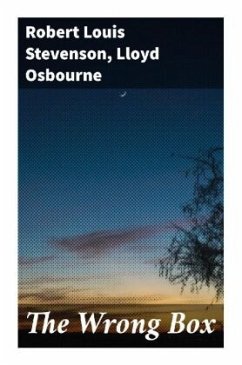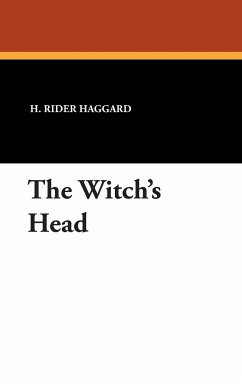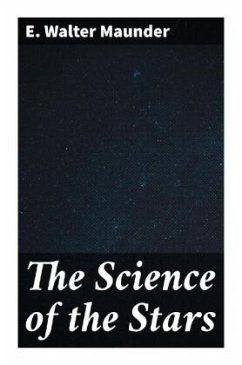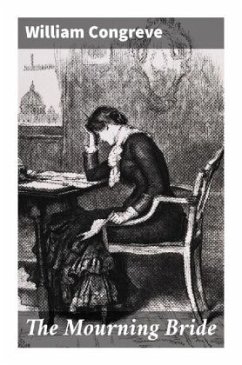
The True and False Theory of Evolution
Versandkostenfrei!
Versandfertig in 6-10 Tagen
6,99 €
inkl. MwSt.
Weitere Ausgaben:

PAYBACK Punkte
3 °P sammeln!
In _The True and False Theory of Evolution_, Chauncey Giles presents a profound critique of Darwinian evolution, exploring the philosophical and theological implications of evolutionary theory within the context of the late 19th century. Utilizing a compelling literary style that marries rigorous argumentation with accessible prose, Giles unpacks the moral and social ramifications of adopting evolution as a guiding principle in understanding humanity's origins. He meticulously contrasts what he deems the 'true' theory, grounded in divine creation, with the 'false' implications drawn from Darwi...
In _The True and False Theory of Evolution_, Chauncey Giles presents a profound critique of Darwinian evolution, exploring the philosophical and theological implications of evolutionary theory within the context of the late 19th century. Utilizing a compelling literary style that marries rigorous argumentation with accessible prose, Giles unpacks the moral and social ramifications of adopting evolution as a guiding principle in understanding humanity's origins. He meticulously contrasts what he deems the 'true' theory, grounded in divine creation, with the 'false' implications drawn from Darwin's concepts, aiming to dismantle the prevailing narrative surrounding the time. Chauncey Giles, an influential intellectual and advocate for spiritualism and science, was deeply invested in the interplay between religion and science during a period marked by rapid scientific advancement. His background as a Unitarian minister and his engagement with contemporary philosophical debates informhis perspective, as he sought to reconcile faith with evolving scientific paradigms. Giles's writings reflect the tension of his era, offering a thoughtful contribution to the discourse surrounding human existence and identity. This book is highly recommended for readers seeking to understand the early challenges to evolutionary theory from a theological standpoint. Giles's eloquent arguments encourage critical reflection on the implications of evolution, making it an essential read for those interested in the intersection of science, philosophy, and faith.













